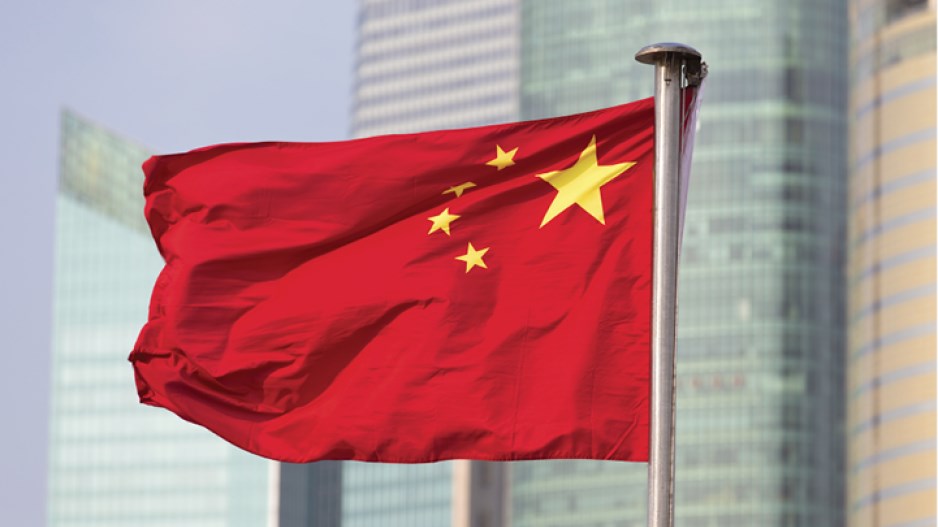A Toronto businessman friend of mine is due in China about now to try to sign, seal and deliver a deal that has been languishing for several years.
But in addition to his long-running problem of trying to get his Chinese counterparts in a state-controlled company to focus on the deal, he has a new problem.
A few weeks ago the boss of the Chinese company was caught up in the dragnet of President Xi Jinping's ongoing campaign against corruption. The boss has been arrested and is under investigation for as-yet-unspecified crimes.
My friend is pessimistic about saving his project. At best, he expects to find the Chinese company in disarray with no one capable of or willing to make decisions. At worst, any schemes associated with the detained boss may be tainted beyond retrieval.
There are scores, if not hundreds, of similar anecdotes flowing from Xi's anti-corruption campaign, which began in December 2012 as he took over the leadership of China's ruling Communist Party and the country's presidency.
But now there is a growing chorus of criticism of the campaign, even in Chinese state-controlled media. Even among those who applaud the attempt to eradicate China's endemic corruption there is a belief that this campaign is becoming counterproductive and is threatening the country's continued economic growth.
So far, 180,000 officials have been disciplined. Among them are 33 high-level government and state company officials – at levels equivalent in Canada to deputy minister or corporate vice-president or higher – who have been sacked and detained. Critics say there are signs that the crackdown is threatening the everyday workings of targeted companies, the national economy and even the stability of the government.
A particular target of the anti-graft campaign is the state-run China National Petroleum Corp. (CNPC), whose chief accountant and deputy general manager, as well as more than a dozen other senior executives, are under investigation. The removal of much of the company's ruling class has led many to question whether it can function effectively and pursue planned deals. Among those deals whose future is now questioned is CNPC's purchase in February of 40% of the Dover oilsands project from Calgary-based Athabasca Oil Corp. for $1.23 billion.
There is a lively debate in China and among China watchers about what is behind Xi's campaign. A rough consensus has evolved that this is as much about Xi cementing his own power and removing his rivals as it is about improving the standing of the Communist Party, whose continued right to rule is threatened by its endemic corruption.
That judgment is supported by a publicly trumpeted announcement at the beginning of this month that Zhou Yongkang, China's former security czar and member of the party's topmost ruling body, the Politburo Standing Committee, is under formal investigation for corruption. Zhou opposed Xi's rise to power, and the announcement in state media of his downfall has been accompanied by unprecedented graphics.
These purport to show Zhou's corruption network and the links to his 300 family members and friends who have been arrested and investigated in the last four months.
Many of these links are with China's oil and gas industry, including CNPC, whose chief representative in Canada was Zhou's sister-in-law, Jia Xiaoxia, until she was put under investigation by the party's Central Commission for Discipline Inspection last month.
The fanfare surrounding Zhou's fall probably signals the beginning of the end of Xi's drive against the “big tigers” in his anti-corruption campaign. But Canadians and other foreigners doing business in China should not expect the decision-making processes among their partner companies to get back to normal for many months, if not years.
There has been a sharp drop in Canadians' view of the importance to this country of economic and social ties with Asia, and to China in particular.
The annual poll of Canadian attitudes towards Asia, conducted by the Asia-Pacific Foundation of Canada, found that there is far less enthusiasm for developing social and economic relations with Asia than there was a year ago.
That's especially true of how Asian investment in Canada is viewed. Last year about 50% of those polled thought Canada would benefit from Asian investment. Now only 41% think that way.
Canadians are particularly skeptical about the importance of China. Last year 45% of those polled thought China was highly important to Canada's prosperity. Only 35% think that way today. The foundation says this is the lowest level ever recorded in its poll.
At the same time, only 41% of Canadians see China's growing economic clout as more of an opportunity than a threat for Canada. That's down from 48% last year, and also a new low.
India's image as a beneficial economic partner has also dropped, and those believing Asia in general should be Canada's top foreign policy priority have dropped from 55% in 2012 to 37% now.
The dim view of Asia is especially marked among older Canadians but much less so among younger Canadians, which offers some encouragement that there will be little long-term effects from the current trend.
The foundation notes that Asia's shrinking popularity does not seem to stem from hostility towards Asian countries. The only clue was that Canadians are paying less attention to what is happening in Asia.




